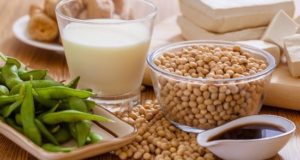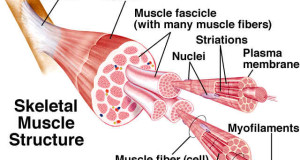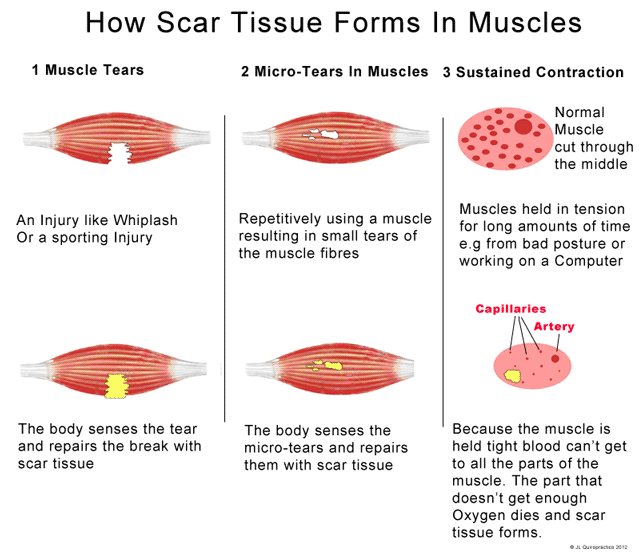Review Overview
Optimum Nutrition - 6.5
Orgain Organic Protein Plant-Based Powder - 7.6
Garden of Life Garden of Life RAW Organic Meal Vanilla 33.5 oz - 9.1
BSN SYNTHA-6 Protein Powder - 8
7.8
Protein By Strength
Summary : Best Protein By Strength

There are two kinds of protein, complete and incomplete, which come from either plant or animal sources. Protein supplements, no matter what kind they might be, are derived from either plant or animal sources as well. Which is better between animal or plant based protein depends on a number of factors. There are those who choose not to eat meat or animal products for moral, ethical and religious reasons. There are those who find themselves unable to afford many forms of animal protein a majority of the time. Then there are those that just love the taste of a good juicy steak served up with a good cold beer. For our purposes, the comparisons of proteins will be based on these factors:
– Nutritional value
– Cost versus value
– Availability
What is a Protein?
The human diet is composed of three macronutrients and many micronutrients. Unlike carbohydrates and fats, the body does not easily store proteins, so there is a daily need for it. This should not be mistaken for a free license to eat unlimited proteins, because your body can, will and does store extra protein calories as fat, but it just does so with more difficulty. Proteins are vital for every cell in the body and play a role in a number of major functions. Half of the protein that we get from our diet is used to make enzymes, which go on to digest food, make new cells and to make neurotransmitters, which in turn send nerve messages around the body.
Protein plays a major role in the creation of RNA and DNA, the building blocks of life and the carriers or our genetic materials. Proteins are used to create the contractile muscle tissue, the connective tissue and cell membranes, and contribute to the formation of the bone matrix and helps to maintain the fluid balance. It regulates the pH balance of the blood, works toward the formation of the hormones and enzymes that play roles in digestion and assists with the regulation of sleep and ovulation. It also contributes to the immune function of the body because antibodies are proteins. (Source: Nelson 2009)
Complete versus Incomplete Proteins
Proteins are broken down into amino acids during the digestive process, absorbed and then used to make new amino acids. The body cannot make eight of these amino acids, which are referred to as the essential amino acids. These are leucine, isoleucine, valine, threonine, methionine, phenylalanine, tryptophan and lysine. In children, an additional amino acid, histidine, is added to the list, but most adults can create it for themselves. (Source: The Vegetarian Society)
All animal proteins are considered to be complete proteins because they contain all eight essential amino acids. Plant derived proteins, on the other hand, are considered to be incomplete because they lack one or more of the essential amino acids. For instance, grains, nuts and seeds are low in isoleucine and lysine. Legumes, on the other hand, are low in the amino acids tryptophan and methionine. (Source: Best)
Many people assume that because plant proteins, with the exception of soy and soy products, are incomplete that animal proteins are better. However, with a varied vegetarian or vegan diet, there are more than enough sources of protein to get all of the nutrition and the right amount of protein every day. In addition, whey protein is the best natural source of branched chain amino acids, the only amino acid to be metabolized straight to muscle tissue and which is used first during exercise and resistance training. (Source: Whey Protein Institute)
The bottom line: in this arena, the edge goes to animal based protein with all eight essential amino acids. The honorable mention goes to soy based protein, which is also a complete protein, and whey protein, which is also complete as well as the highest natural food source of BCAA.
Nutritional Value
Animal proteins are complete proteins and in addition give a number of vital micronutrients per serving. However, there are also other things that you get from most animal proteins: saturated fat and cholesterol. There are better choices and substitutions that can be made, but it is still clear that in terms of fat, calories and cholesterol, the plant based proteins are the clear winner. If you are a devoted meat eater, there are ways to minimize the damage that they can cause, including limiting red meat to only a small serving every ten days or less and opting for healthier cooking methods when choosing foods. Good animal protein sources include roasted, skinless turkey breast, salmon and other fish (which are also good sources of omega-3 fatty acids), eggs and low fat milk and cheeses.
Plant proteins, while not complete, tend to have lower calorie counts and little to no saturated fat for the most part. However, there are a number of plant based proteins that do have higher calories counts than others, including nuts and rice. Opting for brown rice boosts the fiber content and makes it a healthier choice than white rice.
Both animal and plant based proteins can have their place in a well-balanced and nutritional diet, however, it is important to watch serving or portion size as well as calorie count to avoid overeating and getting too much of even the most important nutrients.
Cost versus Value
For many people, the cost of meat may keep them eating less animal based protein than they would opt for on their own. Meat is expensive, especially some cuts of beef. Turkey, and to a lesser degree, chicken are better sources of protein and tend to be cheaper. Buy what you can afford and learn ways to stretch the meal a little further. Remember, the need for protein is important but the amount that you need to eat each day is not huge.
Beans, one of the cheapest sources of protein, can be bought in bulk and stored in the freezer until they are needed. There is literally no limit to the ways that beans can be used – even in your baking in place of oil or other fats. You can choose from beans of every size and color and never have to make the same recipe the same way twice.
Availability
There are so many different types of proteins that you can literally find them everywhere that you look. Both animal and plant based proteins are widely available, including soy and soy products. In addition, protein supplements are often found in the stores right alongside other products or online for easy shopping. Protein supplements include liquid protein shots, shakes, puddings, powders and bars. When looking for a good supplement, make sure that it has high quality protein and does not have a lot of added sugar or other unnecessary ingredients. Some of the protein bars have very little protein but pack enough sugar and calories to qualify as a candy bar. Profect, a liquid protein supplement shot from Protica, has only 100 calories, no carbs and no fats, but supplies a full 25 grams of protein per serving.
References
Ben Best Does Excess Protein Cause Kidney Damage?
Lisa Nelson Protein and Heart Health: How Much Do You Need? Health Central Highbloodpressureconnection.com. November 30, 2009
The Vegetarian Society
The Whey Protein Society

All steps to avoid buying fraudulent medicaments and generics online
 Vitamin Agent The Health & Naturalistic Source
Vitamin Agent The Health & Naturalistic Source





